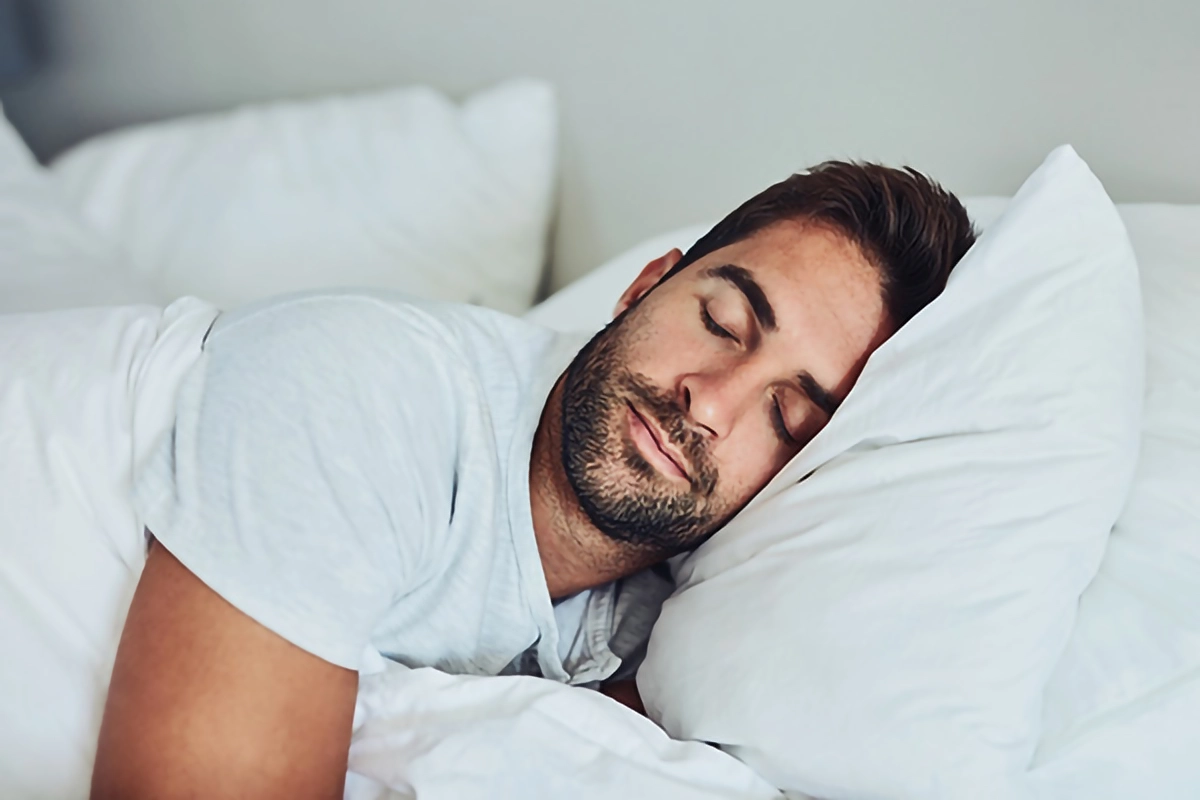We use cookies to help provide you with the best possible online experience.
By using this site, you agree that we may store and access cookies on your device. Cookie policy.
Cookie settings.
Functional Cookies
Functional Cookies are enabled by default at all times so that we can save your preferences for cookie settings and ensure site works and delivers best experience.
3rd Party Cookies
This website uses Google Analytics to collect anonymous information such as the number of visitors to the site, and the most popular pages.
Keeping this cookie enabled helps us to improve our website.
Blog 9: Sleep – The Importance of Sleep and Strategies to Improve your Sleep

Research suggests that 1 in 5 of us don’t get enough sleep.
Whether it’s waking several times, tossing and turning, unable to get comfy, watching the clock counting the hours until the alarm goes off or thinking about all the things we have to get done the next day; we’ve all been there!
Our fast-paced, modern lives, mean where we’re constantly juggling responsibilities and facing external pressures. Some studies even suggest that 25% of us can’t sleep over money worries. Whilst lying awake at night, consumed by worries, feels unavoidable.
It’s important we try to reduce the stress to help us sleep, as it has a big impact on our emotional regulation.
Getting quality sleep is essential for our health and wellbeing. It impacts a number of things including:
- Boosting energy levels.
- Improving cognitive function.
- Reducing the risk of chronic diseases like obesity, diabetes, and heart disease.
- Improving our mental health.
- Support weight maintenance.
- Supports growth and development in children.
- Removes toxins in your brain for clear thinking the next day.
The benefits of good sleep are immense. Together, let’s explore the importance of sleep and how you can improve your sleep quality.
Tips & Strategies for Better Sleep Quality
On average, most adults need between 7 and 9 hours of sleep per night. Here are some tips and strategies to help improve and promote better sleep quality:
- Be consistent: A consistent sleep schedule is key for better sleep. Going to bed and waking up at the same time every day, including weekends, helps regulate our body’s internal clock. This makes falling asleep and waking up easier, without struggling to sleep or feeling groggy in the morning.
- Create a sleep-friendly environment: Studies have shown that we sleep better when our environment is optimised for noise, light, temperature and comfort. Keep your bedroom cool, dark, and quiet. Invest in comfortable bedding, blackout curtains, or an eye mask to block out light and noise.
- Limit exposure to blue light: The blue light emitted by electronic devices like smartphones, TVs, and computers can suppress melatonin production and disrupt your sleep-wake cycle. Melatonin, a hormone secreted in response to darkness, plays a pivotal role in regulating the circadian rhythm and helping to manage your sleep-wake cycle. We recommend limiting the use of these devices for at least an hour before bedtime to encourage sleep. .
- Relax before bed: Engage in calming activities such as taking a warm bath, reading a book, or practising gentle stretches or meditation. This can help signal to your body that it’s time to wind down.
- Avoid stimulants: Caffeine, nicotine, and alcohol can interfere with sleep quality. That’s why it’s important to avoid consuming them several hours before your desired bedtime to ensure you are ready to rest.
- Exercise regularly: Regular physical activity can promote better sleep by reducing stress and anxiety levels. However, try to avoid strenuous exercise too close to bedtime as this will make you feel more awake. We recommend trying gentle activities such as yoga before bed to support yourself in feeling calm and relaxed.
Sleep Schedule
Whilst these practices are important in supporting your sleep schedule, we must also consider the importance of getting outside during the day to support your sleep cycle.
Together, let’s explore the importance of natural light exposure and how you can include this in your day.
If you want to discuss your sleep further, please book a GP appointment.

Published: Nov 25, 2025